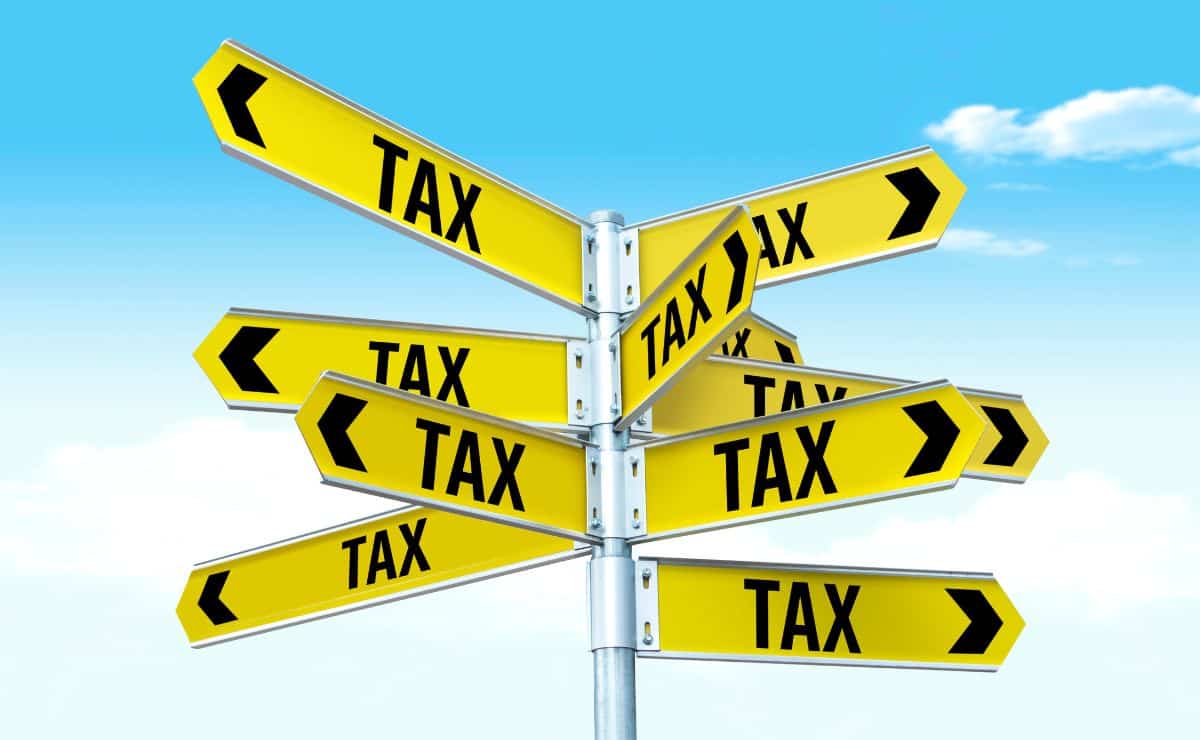The Washington Supreme Court will consider an attempt to address the imbalance in what is widely considered the most regressive state tax code in the country. The case has the potential to overturn a ban on income taxes that has been in place since the 1930s.
Washington is one of only nine states that does not have an income tax. Instead, it relies heavily on sales and fuel taxes to fund public expenses like schools and roads. However, this system places a disproportionate burden on low-income residents, who pay at least six times more in taxes as a percentage of their household income than the wealthiest residents. Middle-income residents also pay two to four times more than the wealthiest residents, according to lawmakers.
The Battle to Fix Washington’s Broken Tax Code: Why the Supreme Court Case Matters
In 2021, Democrats led by Gov. Jay Inslee in Olympia attempted to address this issue by introducing a 7% capital gains tax on the sale of high-value assets like stocks and bonds. The tax provided exemptions for the first $250,000 earned annually and excluded gains from the sale of retirement accounts, real estate, and certain small businesses.

The tax was estimated to be paid by 7,000 individuals, which amounts to less than 1 out of every 1,000 residents. It was expected to generate almost half a billion dollars annually to support public education in Washington state starting from this year. However, the tax is facing legal challenges from wealthy residents, as well as business and agricultural organizations. These groups argue that the tax violates both state and federal constitutions, and that it is unsound policy.
Washington Supreme Court will consider several key arguments
The Washington Supreme Court will consider several key arguments, including whether the new tax is an excise tax, which is a tax on goods, services, or activities, as the state argues, or an income tax, which the court previously deemed unconstitutional in Washington. In 1932, voters in the state passed a graduated income tax. However, the following year, the state Supreme Court struck it down in a 5-4 decision, ruling that a tax on income was a tax on property. The state Constitution mandates that property taxes be uniform and limited to 1% per year.
Last year, a judge in central Washington, Douglas County Superior Court Judge Brian Huber, agreed with those who challenged the capital gains tax, claiming that it was an unlawful income tax. The state’s Attorney General, Bob Ferguson, appealed the decision, arguing that Judge Huber was mistaken because the tax was not on property but on what an owner did with the property by selling it.
The Edmonds School District and the Washington Education Association have joined the case on behalf of the state. They agreed that the capital gains tax is an excise tax, but they argued that if the justices find it to be an income tax, they should overturn their nearly century-old ruling that an income tax is a tax on property.
The lawyers representing the two groups noted that income is not something that is owned and sold like property, stating that “This Court’s cases holding that an income tax is a property tax were wrong when decided and they are wrong now.”
Proposals announced in other states
Progressives in several states are currently advocating for the wealthy to pay more in taxes. Proposals announced in California, New York, Illinois, Hawaii, Maryland, Minnesota, Washington, and Connecticut this month all aim to increase taxes on the richest Americans. However, the prospects for these proposals are uncertain.
Opponents of the capital gains tax in Washington argue that it might apply even if the taxpayer did not take any action to generate gains from the asset, meaning they are taxed merely for owning the asset, rather than for any action they took.
As an example, according to the challengers, a Washington state resident who owns shares in an out-of-state company could potentially benefit if the company’s board of directors decides to sell major assets and pass on the revenue to shareholders. In such a scenario, the tax would be levied based on where the shareholder lives, rather than where the sale occurred, raising potential issues with interstate commerce under the US Constitution.
They argue that the state’s labeling of the tax as an excise tax is merely a political tactic to hide its true nature. They also point out that the 41 states that tax capital gains consider it as income.
There are seven states with no income tax at all, including Washington, Alaska, Florida, Nevada, South Dakota, Texas, and Wyoming. Two others, New Hampshire and Tennessee, only tax individual taxpayers’ dividends and interest income.
The challengers further emphasized that Washington voters have rejected constitutional amendments or initiative measures that would permit or enforce income taxes 10 times since the 1930s. They argue that deciding whether the existing tax system is desirable or requires reform is a matter of economic policy that is inappropriate for judicial resolution.